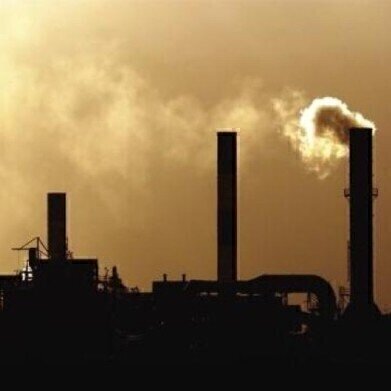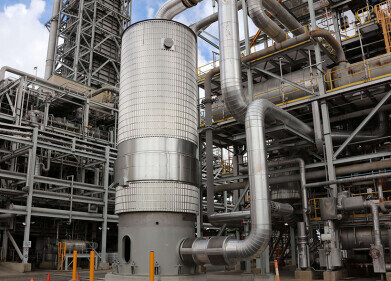-
 Air pollution could be responsible for birth defects in babies, it has been found
Air pollution could be responsible for birth defects in babies, it has been found
Air Clean Up
Air pollution ‘linked to neural tube defects’
Apr 02 2013
Air pollution has been linked to neural tube defects, it has been revealed in a study published in the American Journal of Epidemiology.
Early maternal exposure to high levels of air pollution could cause this type of birth defect, according to researchers from Stanford University.
Research analysed air quality and birth defect data for women living in California’s San Joaquin Valley - one of the smoggiest areas in the US.
A positive correlation was identified between neural tube defects and maternal exposure to carbon monoxide, nitrogen oxide and nitrogen dioxide during the first two months of pregnancy.
This adds to an already large body of evidence which links air pollution to birth defects. However, how this works exactly is largely unknown. According to the researchers, these findings are supported by the effects of smoking on foetal development.
Dr Amy Padula, from the department of pediatrics at the university, commented: "If these associations are confirmed, this work offers an avenue for a potential intervention for reducing birth defects.”
Furthermore, senior author Gary Shaw said: "In addition, for our colleagues who are bench scientists, this work gives them an opportunity to think about what pollution exposures might mean mechanistically.
"It could give them a better understanding of the details of human development."
The scientists pointed out that previous studies have seen conflicting results come to light. These have been limited by methodology, they pointed out, as current research is the first to evaluate a woman’s exposure to pollution early on in pregnancy rather than at birth.
The research found that mothers in the highest quartile level for exposure to carbon monoxide during the first eight weeks of pregnancy were almost twice as likely to give birth to babies with neural tube defects as those who had the lowest amounts of exposure.
Events
May 05 2024 Seville, Spain
May 13 2024 Munich, Germany
May 23 2024 Beijing, China
May 23 2024 Beijing, China
Jun 10 2024 Algiers, Algeria













